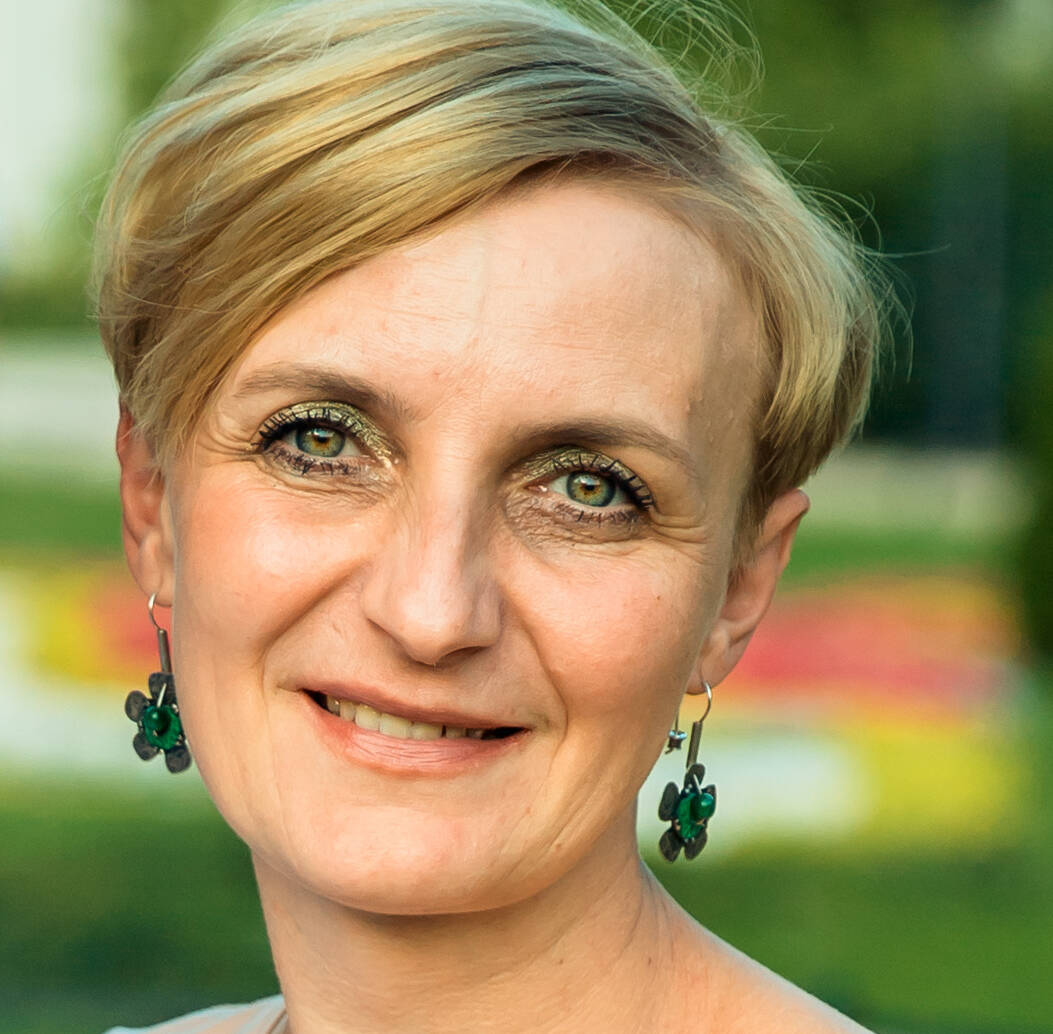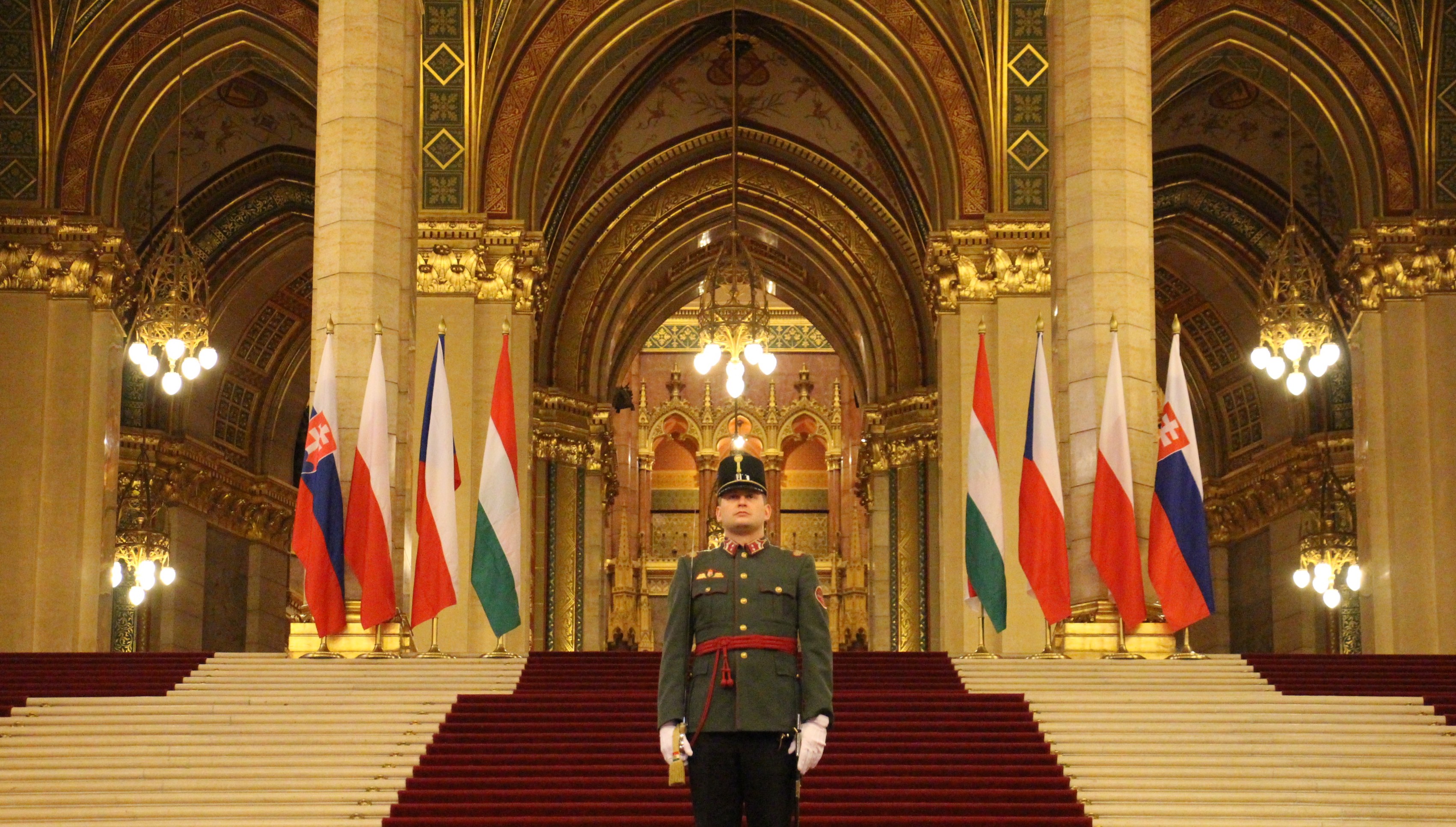Poland – Patriarch of Moscow and All Russia Kirill waited almost a full day on 24 February, the date of the launch of the Russian offensive against Ukraine, to speak and express, in a brief message, his compassion for the suffering of people affected by the “current events” and call on the “parties to the conflict” to minimise the number of civilian casualties, while assuring his faithful “of a deep and fervent prayer for the rapid restoration of peace”. Words like “war” or “aggression” were absent from his message. What is more, in his sermon on 6 March, for the Sunday of Forgiveness preparing the Orthodox faithful for Lent, Kirill openly sided with Vladimir Putin and gave Russian military propaganda a religious and mystical dimension by referring to a conception of the “Russian world”, in which Russia and its soldiers are obliged to fight the forces of evil embodied by the Ukrainian “Nazis” supported by the Russophobic and decadent West, whose symbols include, in the Patriarch’s eyes, the Western LGBT marches that have also been organised in some Ukrainian cities.
The Patriarch of Moscow’s attitude may have surprised those who are not aware of the very close alliance between the Russian Orthodox Church and the political authorities and do not necessarily know Kirill’s positions concerning, for example, the war in the Donbass, perceiving him simply as a preacher of the Gospel and a defender of conservative values threatened by Western neo-Marxist ideologies.
Polish Catholic bishops’ appeals to Patriarch Kirill
In Poland, a country that has long lived under the Russian boot, the bishops of the Catholic Church, who are not afraid to condemn those Western neo-Marxist ideologies themselves, have never shared such a view of the Russian Orthodox Church and have never regarded Moscow as the third Rome, instead seeing Patriarch Kirill as a loyal functionary of the contemporary tsar, in accordance with the Russian Orthodox tradition and even with the Orthodox tradition in general, which goes back to the Byzantine Empire. This, of course, did not prevent them from appealing to Kirill to use his authority as patriarch to prevent the war. In a letter sent on 14 February 2022 to all Catholic and Orthodox bishops in Russia and Ukraine, Archbishop of Poznań Stanisław Gądecki, who heads the Polish Bishops’ Conference, urged them: “Let us unite our spiritual efforts with those of Christ’s followers of various confessions in Russia, Ukraine, and Poland, and together offer fervent prayer to Him who is Peace itself, in order to avert the spectre of a new war in our region (…) I also ask you, dear brothers, to address a similar appeal to your faithful, and may the Lord turn the hearts of those in power away from the thirst for war and destruction, and bring them closer to mercy and peace. ”
In his second letter sent to Kirill on 2 March, the president of the Polish Bishops’ Conference directly asked the patriarch of Moscow “to appeal to Vladimir Putin to stop the senseless warfare against the Ukrainian people, in which innocent people are being killed.” “One man can stop the suffering of thousands of people with one word – that man is the President of the Russian Federation. I ask you most humbly to call for the withdrawal of the Russian troops from the sovereign state that is Ukraine. (…) I also ask you to appeal to Russian soldiers not to take part in this unjust war, to refuse to carry out orders which, as we have already seen, lead to many war crimes. Refusing to follow orders in such a situation is a moral obligation. The time will come to answer for these crimes, including before the international courts. However, even if someone manages to avoid this human justice, there is a tribunal that cannot be avoided. ”
The response to the first letter sent by Orthodox Bishop Hilarion, chairman of the Moscow Patriarchate’s Department for External Church Relations, was limited, according to Bishop Gądecki, to the observation that there is an eternal alliance of faith between Russia and Ukraine and the advice to the Catholic bishops of Poland to dissuade Polish politicians from making aggressive statements about Russia if they really want to prevent a conflict. As for the second letter, it has apparently remained unanswered.
Mixed reactions from the Polish Orthodox Church
The reactions of the Polish Orthodox Church to Russian troops invading Ukraine were, on the other hand, rather mixed, especially at the beginning of the war. The Polish Orthodox Church, now headed by Metropolitan Sawa of Warsaw, has existed as an autocephalous jurisdiction since 1924. As with the recognition of the Ukrainian Autocephalous Church in 2018 by the Patriarchate of Constantinople, the Patriarchate of Moscow initially refused to recognise this Polish Church as an autonomous entity of the Orthodox world once the country had regained its independence, recognising it only in 1948, when Poland was again living under Russian occupation in the Stalinist era. According to the 2011 census, ten years ago the Orthodox Church in Poland had just under 160,000 followers, who lived mainly in the region of Białystok, a city in the east of the country. These faithful are a remnant of the ancient and numerous Orthodox populations that lived in the eastern part of the former Polish-Lithuanian Commonwealth, and then, after the First World War, in the territories of the Second Polish Republic where Belarusian and Ukrainian minorities were present. Today, most of the Ukrainian immigrants living in Poland are also Orthodox, assuming that they practise their religion, which is much less often the case than among the Poles themselves.
With regard to the war in Ukraine, the Primate of the Orthodox Church in Poland, Metropolitan Sawa, merely issued a very terse statement in which he expressed his concern about the situation in Ukraine, without naming the aggressors and victims, but calling on the faithful to pray for peace. Many Orthodox priests followed him in this rhetoric, while trying to avoid making political or moral judgments about the situation. At the same time, some Orthodox bishops, such as Archbishop Paisjusz Martyniuk of the Diocese of Przemyśl and Gorlice, Bishop Abel Popławski of the Diocese of Lublin and Chełm, Bishop Jerzy Pańkowski of Wrocław and Szczecin, as well as the Orthodox chaplain of the Polish army, took explicit positions against the Russian aggression. In a message to the Orthodox faithful, Archbishop Abel Popławski said that “the invasion of Ukraine by Russian troops has aroused in us both a sense of threat and deep opposition. The rights guaranteeing the sovereignty and independence of Ukraine and also the basic human right to life have been violated.”
There were other reactions by Polish Orthodox and Ukrainians living in Poland to the lack of a firm official stance of the Polish Orthodox Church concerning the drama unfolding on the other side of the country’s eastern border, and it was probably under the pressure of public opinion that such a position emerged several weeks after the beginning of the Russian offensive, on 14 March, in the form of a letter from Metropolitan Sawa of Warsaw to Patriarch Kirill of Moscow, in which Sawa wrote: “I ask you, in the name of the Polish Orthodox Church, to raise your patriarchal voice to stop the war being waged in Ukraine by the Russian army. It is incomprehensible that two Slavic Orthodox nations, coming from the same baptismal font of Saint Vladimir, are fighting a fratricidal war. ”
The influence of Moscow on the Orthodox Churches
Some people wonder why Metropolitan Sawa is so cautious. In an interview on Radio Wnet on 17 March, the president of the Greek-Polish Hagia Marina Foundation, Patryk Panasiuk, drew attention to the fact that many Orthodox initiatives in Europe, including in Poland, are financed by subsidies from Rosatom, the Russian state nuclear company. A delegation from the Foundation for the Promotion of Christian Culture and Heritage, financed by Rosatom, recently visited Primate Sawa in Warsaw and, although he denies this, representatives of the foundation say that they have co-financed the construction of a new Orthodox church in Warsaw. Such financial dependence may raise doubts about the real autonomy of the Polish Orthodox Church from its sister church in Russia, and for Panasiuk it is an open secret that the authorities in the Russian Federation will stop at nothing to subjugate the other Orthodox Churches.
As it happens, the stakes of the war in Ukraine also have a religious dimension, since a significant proportion of the faithful practising and receiving sacraments within the Orthodox Church affiliated with the Moscow Patriarchate are Ukrainians, religious practice in Russia itself being very limited (7% of Russians, including Muslims, engage in weekly religious practice against 17% of Ukrainians, according to a 2018 Pew Research Center study). These Ukrainian Orthodox are not only increasingly distancing themselves from their mother church in Moscow, but a growing number of faithful and priests are even abandoning it to join the Ukrainian Orthodox Church affiliated with the Kyiv Patriarchate. While 52% of the faithful of the Moscow Patriarchate in Ukraine would now be in favour of a separation of the Ukrainian branch of this Church, according to a 10 March Rejtynh poll, even Metropolitan Onuphry, Metropolitan of Kyiv and all Ukraine affiliated to the Moscow Patriarchate, has condemned the war that Patriarch Kirill is defending, and he has done so in harsher terms than the Metropolitan of Warsaw. As early as 24 February, in the first hours of the invasion of Ukraine by Russia, Onuphry declared: “In this tragic time, we express special love and support for our soldiers who stand guard and protect and defend our land and our people.” And he called on Putin to “immediately stop the fratricidal war” which is “is a repetition of the sin of Cain”.




